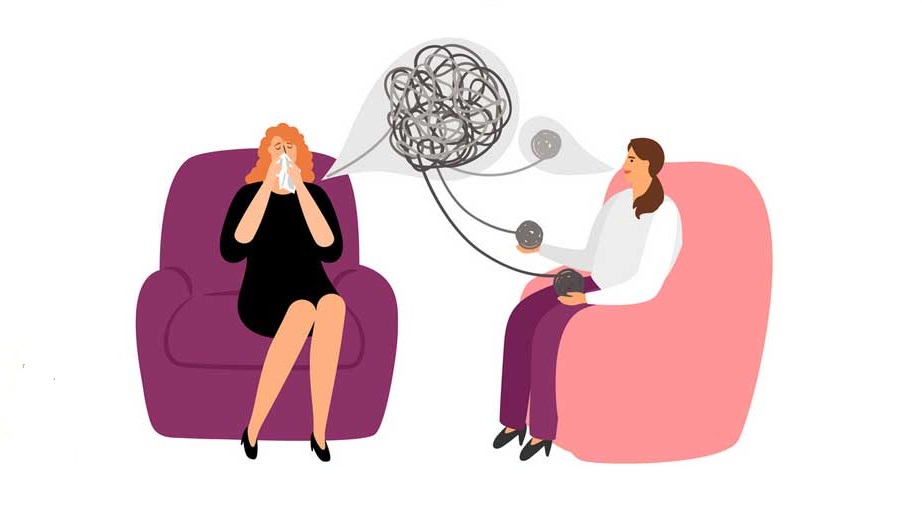Language is a vital tool in psychotherapy, playing a key role in establishing communication between the therapist and the patient. Each school of psychotherapy uses language differently, based on its unique perspectives, to facilitate understanding and healing. In this article, we explore the role of language in various therapeutic approaches and its importance in fostering effective communication.
In “descriptive psychiatry”, which focuses primarily on observation and diagnosis, language is often used in the form of questions and answers. The therapist asks precise questions to gather information from the patient, aiming to better understand their condition. This approach emphasizes a clear separation between the therapist and the patient, with the primary goal being to identify symptoms and signs of the illness.
In contrast, “Freudian psychoanalysis” is based on the use of interpretation and mental analysis. Freud believed that therapy becomes effective through accessing the deeper layers of the patient’s mind. In this method, the patient is encouraged to share whatever comes to mind, allowing the therapist to interpret unconscious thoughts. Here, language acts as a tool for uncovering and interpreting the patient’s internal experiences.
“Interpersonal psychiatry” focuses on managing and resolving social interactions. In this approach, language is used to manage and “handle” interpersonal dynamics. The therapist often uses declarative and descriptive statements to help the patient better navigate relationships and address issues in their social life.
Finally, “existential and empathic therapy” relies heavily on emotional and empathic language, aiming to minimize the distance between therapist and patient. The main goal of this approach is to empathize with the patient and understand their world from their own perspective. The therapist uses impersonal and affective language, such as “It’s so difficult,” to get closer to the patient and experience their inner world.
Each of these therapeutic schools focuses on a specific psychological function. For instance, descriptive psychiatry centers on perception, psychoanalysis on thought, interpersonal psychiatry on managing relationships, and existential therapy on emotions. However, none of these approaches alone can fully address a patient’s issues. Therefore, integrating elements from each school can lead to a more comprehensive and effective treatment.
In the end, language in psychotherapy is more than just a means of conveying information. It serves as a bridge between the therapist and the patient, transforming abstract mental concepts into tangible, understandable experiences. Through language, the therapist can gain deeper insight into the patient’s world and help them face and understand their own challenges more effectively.
Adopted from Making Contact, written by: Leston Haven


 فارسی
فارسی